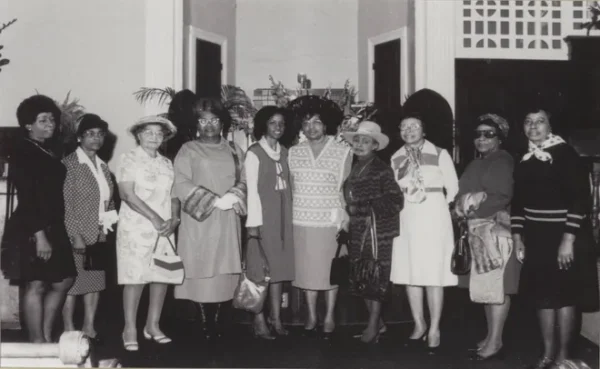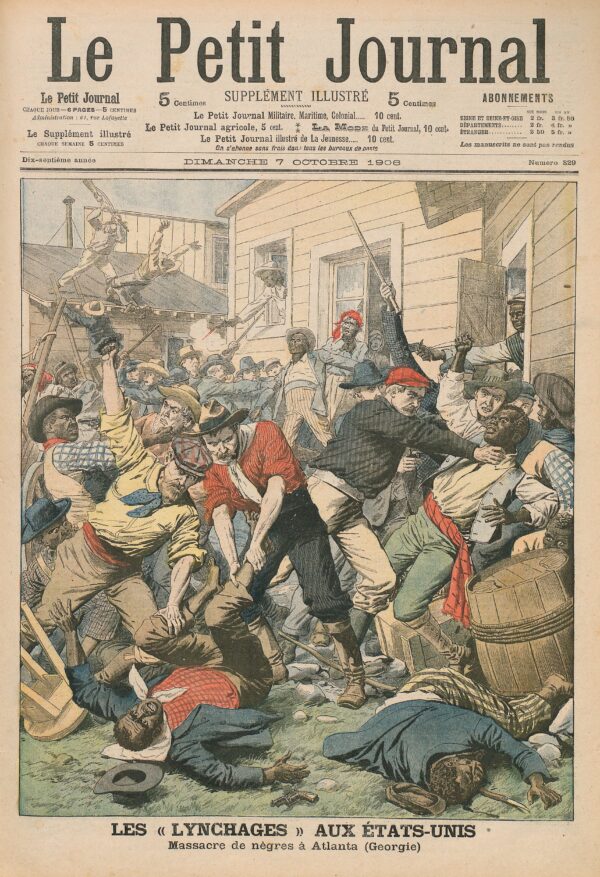Georgia
SSCG6: Analyze the meaning and importance of each of the rights guaranteed under the Bill of Rights and how each is secured.
SSCG7: Demonstrate knowledge of civil liberties and civil rights.
L9-10RHSS1: Cite specific textual evidence to support analysis of primary and secondary sources, attending to such features as the date and origin of the information.
L9-10RHSS3: Analyze in detail a series of events described in a text; determine whether earlier events caused later ones or simply preceded them.
L9-10RHSS10: By the end of grade 10, read and comprehend history/social studies texts in the grades 9–10 text complexity band independently and proficiently.
L9-10WHST2: Write informative/explanatory texts, including the narration of historical events, scientific procedures/ experiments, or technical processes.
L11-12RHSS1: Cite specific textual evidence to support analysis of primary and secondary sources, connecting insights gained from specific details to an understanding of the text as a whole.
L11-12RHSS3: Evaluate various explanations for actions or events and determine which explanation best accords with textual evidence, acknowledging where the text leaves matters uncertain.
L11-12RHSS7: Integrate and evaluate multiple sources of information presented in diverse formats and media (e.g., visually, quantitatively, as well as in words) in order to address a question or solve a problem.
L11-12RHSS9: Integrate information from diverse sources, both primary and secondary, into a coherent understanding of an idea or event, noting discrepancies among sources.
L11-12RHSS10: By the end of grade 12, read and comprehend history/social studies texts in the grades 11–12 text complexity band independently and proficiently.
L11-12WHST2: Write informative/explanatory texts, including the narration of historical events, scientific procedures/experiments, or technical processes.
Ethnic Studies: Evaluates the contributions African Americans have made to American culture.



